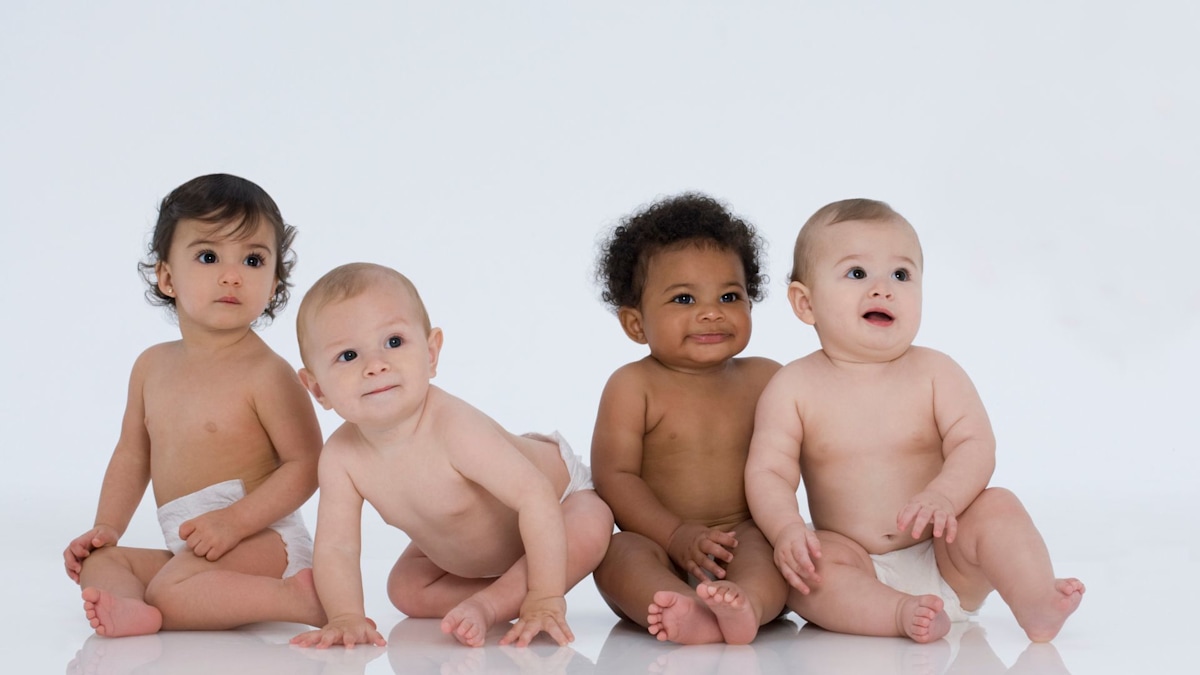Gone are the days when baby names were strictly divided into pink or blue. In 2025, that traditional binary is being rewritten by a generation of parents who are choosing names that defy gender norms and embrace individuality.
Across nurseries, naming boards, and hospital birth certificates, a quiet revolution is unfolding — and it’s increasingly unisex.
According to the Social Security Administration (SSA), the shift has become undeniable. Each year, the SSA releases two top 1,000 name lists — one for girls and one for boys — but in recent years, a growing number of names appear on both.
Parents are more willing than ever to take inspiration from the full spectrum, using names once associated with one sex for children of any gender.
And the statistics back it up. As The Atlantic reported, in 2021 alone, 6% of American babies were given androgynous names — a fivefold increase since the 1880s. But the rise isn’t limited to recent years.
Between 1985 and 2015, researchers from Nameberry and The New York Times found an 88% increase in the use of unisex names. In other words, this is not a passing fad — it’s the future.
From the classroom to the catwalk, more people are proudly carrying names like Avery, Rowan, Parker, or Riley — names that blend effortlessly across the gender divide.
Take Noah, currently one of the top names for boys, but quietly rising in popularity for girls. Or Logan, which has moved from the football pitch to the ballet barre. Meanwhile, names like Quinn, Eden, and Emery continue to prove that softness and strength are not gender-exclusive qualities.
It’s not just about versatility — there’s also symbolism at play. Many of these names reflect nature, creativity, or adventure.
There’s something delightfully untamed about names like River, Phoenix, or Wren — each suggesting a spirit free from boundaries and expectation. These names aren’t just fashion-forward, they’re freedom-forward.
For parents today, the appeal of a truly unisex name lies in its potential. They’re choosing identities that can grow with a child, no matter how they choose to express themselves.
There’s less pressure to conform and more room to simply be. And in a world that’s increasingly aware of fluid identities and the power of self-expression, that choice feels not only progressive but deeply personal.
That said, not all gender-neutral names are created equal. Some, like Carter, Dylan, or Ryan, remain statistically more popular for boys, even as they edge upward on the girls’ list. Others, like Avery and Riley, are more frequently chosen for girls, despite a strong presence on the boys’ charts.
Then there are the names that live fully in the neutral zone. These are what Nameberry calls “nonbinary names” — names that are used roughly the same number of times for babies of any sex. These include elegant options like Ellis and Marlowe, playful picks like Scout and Rory, and bold statements like Onyx, Lux, or Zephyr.
Read the full article here









